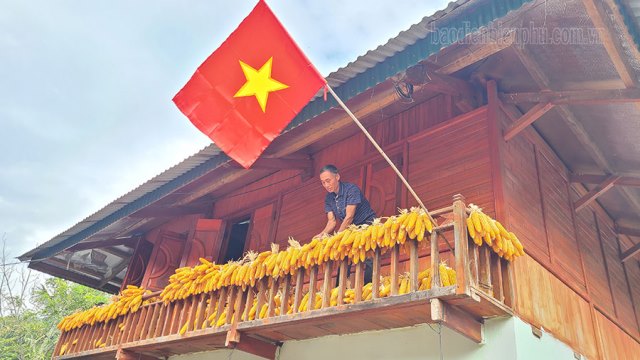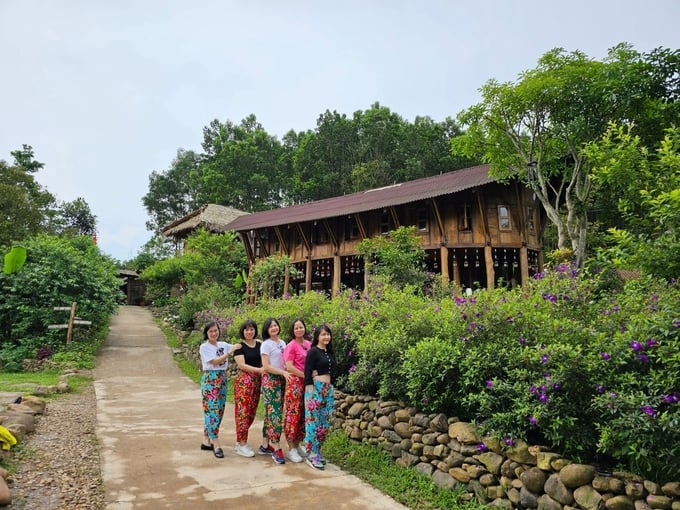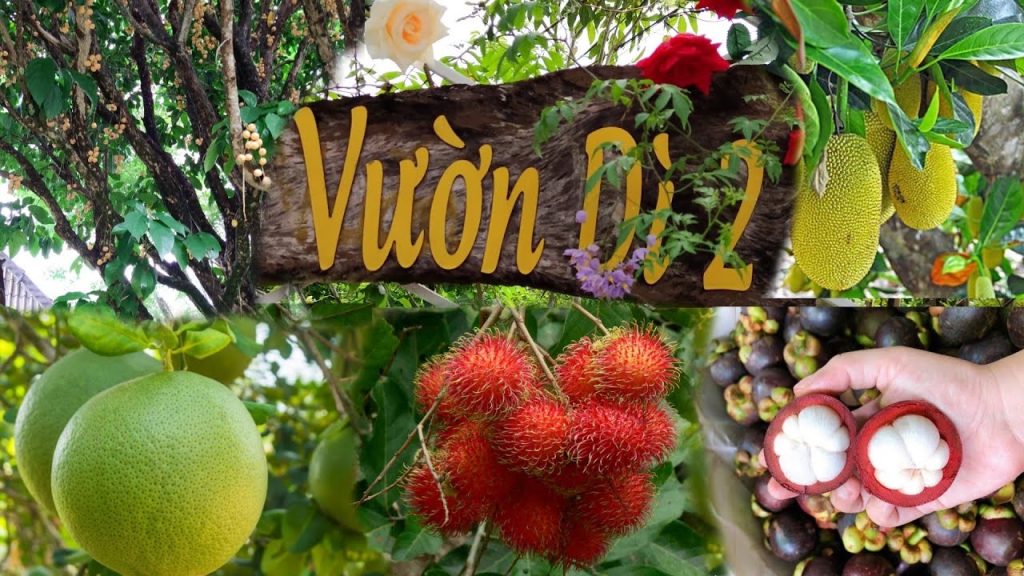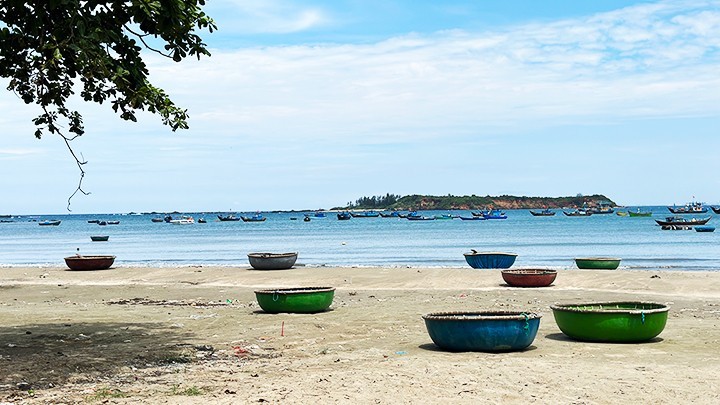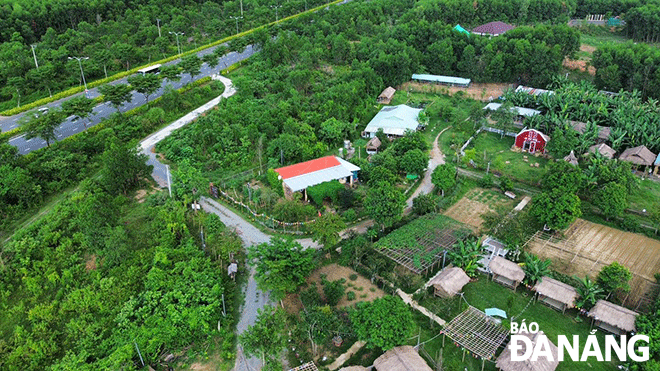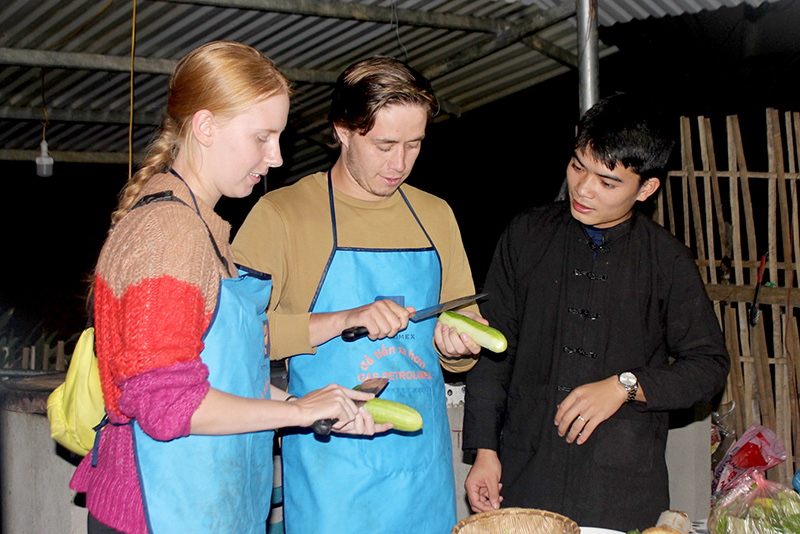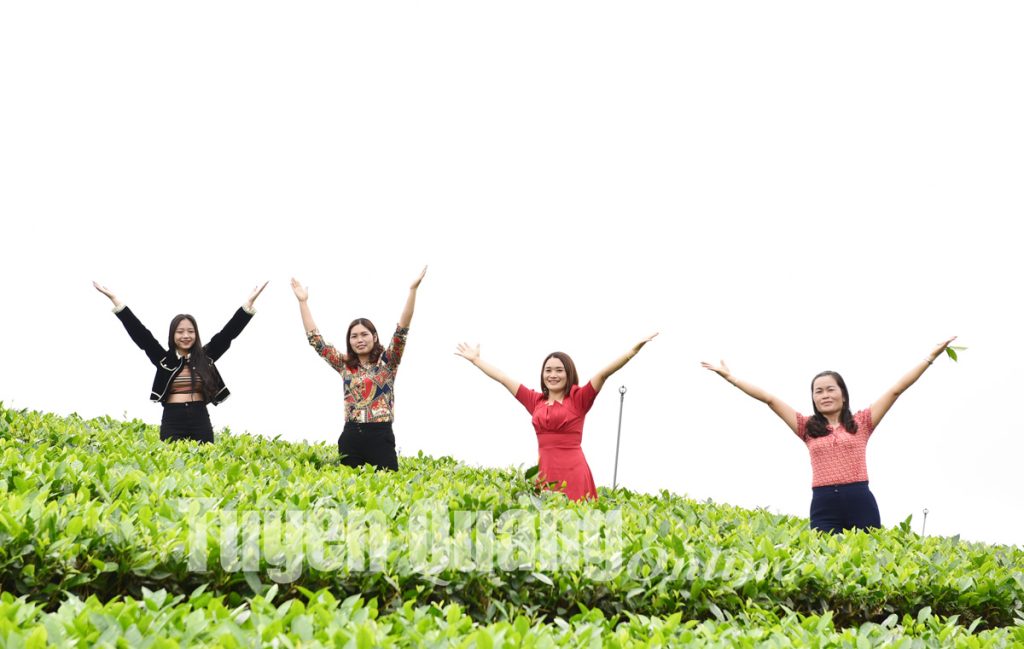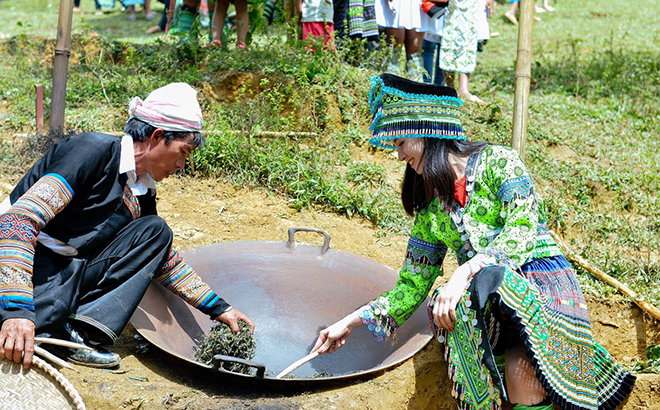
Pa Xa Laos is a border village, in Pa Thom commune, where is inhabited by ethnic Lao people
Pa Xa Laos is a border village in Pa Thom commune, Dien Bien district, where is the living and residential place of Lao ethnic people with many typical traditional cultural features, including Khau Ho Festival.
Khau Ho Festival, or simply understood as New Rice Festival, is one of the forms of community cultural activities of the Lao people. Like many other ethnic groups, the Lao people believe that all things are spiritual. Every stream, piece of field… has a spirit residing in it. Since ancient times, the Lao people have often lived next to large streams, living habits associated with agriculture and fishing. That is why the New Rice Festival is an important agricultural ritual, most clearly portraying the traditional customs and beliefs of the Lao people in community life.
New Rice Festival is usually held on the full moon day of the 8th lunar month every year. To prepare for this important New Year, each family member will be assigned to search and prepare offerings for the offering tray. There are three types of offerings, offered at home to invite parents and ancestors to celebrate Tet; Worship on the porch to invite the mountain and water gods to attend; The remaining tray will be placed in the kitchen, where familiar, essential, and indispensable items in daily life are displayed.
The offerings in the offering tray are very diverse, such as: Sticky rice, stream fish, pupae, ground beetles, vegetables… Most of them are ingredients collected and caught in the family’s fields. Each family member will be assigned to prepare offerings. When the ceremony is finished, the homeowner lights candles, prays to invite parents, ancestors, and gods to witness, and celebrate Tet with the family and village.
In 2023, Khau Ho Tet (New Rice Festival) in Pa Xa Lao will be held in one day. This is not only an opportunity to express gratitude to the ancestors and gods who have blessed and protected the family and the village, but also to pray for a year of good weather and prosperity. People and animals are less sick and healthier.
Not only does it have special cultural and religious significance, New Rice Festival is also an opportunity for relatives and friends to meet, exchange and learn business experiences over a tray of new rice. Although it is only held within the family, the homeowner always prepares food and drinks for guests. Everyone will take turns coming to visit and wish each family a happy new year in the village. Inside the house, outside the alley, there was chatter and laughter, each word of congratulation after a happy cup of wine… Everyone was excited, looking forward to a good harvest and a favorable year ahead.


With the practice of cultivating wet rice, fishing, and often living next to large streams and rivers, Tet Khau Ho (New Rice Festival) has an extremely important position in the religious and spiritual life of the Lao people.


Normally, the New Rice Festival will be held on the 15th of the 8th lunar month every year during the harvest period.


This is an opportunity for brothers, friends, and relatives to gather, exchange, and share stories and experiences in economic development.


To prepare for the new rice festival, each family member will assign each other to search, harvest, and process certain offerings.


The offerings are all local agricultural products.


Offering trays to parents and ancestors during the New Rice Festival, the offerings are mostly agricultural products grown or caught locally.


Each family makes 3 offering trays, the homeowner will be the one to perform the ceremony, inviting ancestors and gods to witness, and celebrate Tet with the family and village.


Wishes and happy conversations echoed throughout the village.


With a sociable, open-minded personality and a love of dancing and singing, people in the village often go to each other’s houses to celebrate the New Rice Festival, and have fun together, creating solidarity and attachment in the community.
Source: dienbienphu.com.vn
Dien Bien Portal – http://dienbien.gov.vn/en-us

